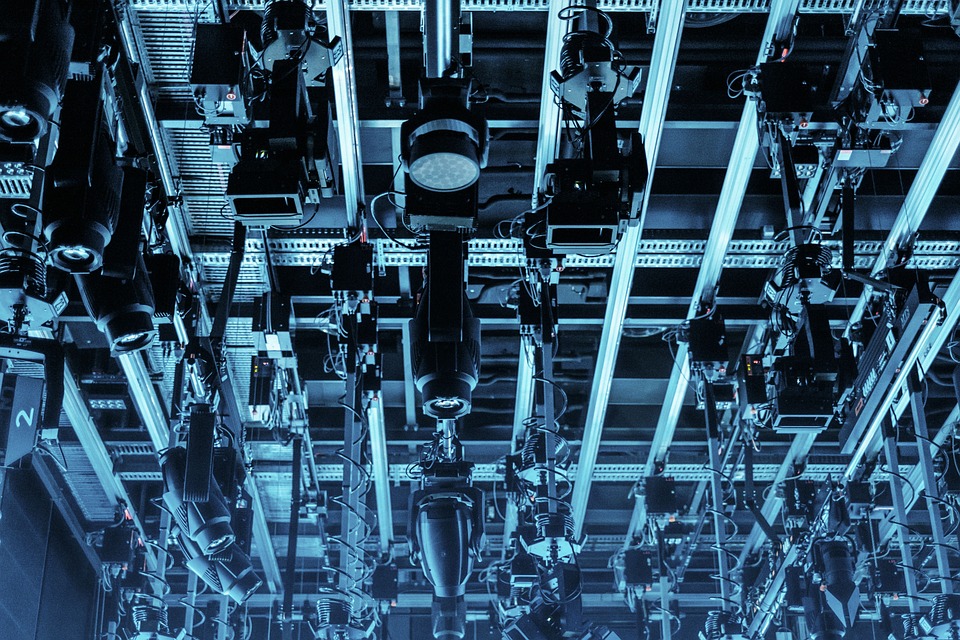The Future of Technology: How Technological Advancements are Shaping our World
Introduction
Technology has always been an integral part of human society, shaping the way we live, work, and communicate. In recent years, technological advancements have been accelerating at an unprecedented pace, revolutionizing almost every aspect of our daily lives. From artificial intelligence and machine learning to blockchain and virtual reality, the future of technology holds limitless possibilities that will continue to transform our world in ways we could have never imagined.
Artificial Intelligence and Machine Learning
One of the most prominent technological advancements shaping our future is artificial intelligence (AI) and machine learning. AI refers to the development of computer systems that can perform tasks that typically require human intelligence, such as speech recognition, decision-making, and visual perception. Machine learning, a subset of AI, enables computers to learn from data and improve their performance over time without being explicitly programmed.
AI and machine learning have already revolutionized many industries, from healthcare and finance to education and transportation. In healthcare, AI-powered diagnostic tools can accurately detect diseases like cancer at earlier stages, leading to better treatment outcomes. In finance, machine learning algorithms can analyze data to identify trends and make predictions that help investors make informed decisions.
As AI and machine learning technologies continue to evolve, we can expect to see even more advancements in areas like autonomous vehicles, personalized medicine, and smart cities. These technologies have the potential to improve efficiency, increase productivity, and enhance the quality of our lives in ways we have never seen before.
Blockchain and Cryptocurrency
Another technological advancement that is shaping our future is blockchain technology and cryptocurrency. Blockchain is a decentralized, transparent, and secure digital ledger that records transactions across a network of computers. Cryptocurrency, such as Bitcoin and Ethereum, is a form of digital currency that uses blockchain technology to enable secure and anonymous transactions.
Blockchain and cryptocurrency have the potential to revolutionize industries like finance, logistics, and healthcare by streamlining processes, reducing costs, and increasing transparency. For example, blockchain technology can be used to track the origin of products in the supply chain, ensuring authenticity and improving trust among consumers.
Cryptocurrency can also provide a more efficient and secure method of payment compared to traditional banking systems. With the rise of digital wallets and mobile payments, we are seeing a shift towards a cashless society where transactions are conducted seamlessly and securely through blockchain technology.
Virtual Reality and Augmented Reality
Virtual reality (VR) and augmented reality (AR) are two cutting-edge technologies that are transforming the way we experience the world around us. VR immerses users in a simulated environment, while AR overlays digital elements onto the real world through a smartphone or wearable device.
These technologies have applications in various industries, from entertainment and gaming to education and healthcare. In education, VR and AR can enhance learning experiences by allowing students to interact with virtual objects and environments in a more engaging way. In healthcare, these technologies can be used for medical training, patient rehabilitation, and even surgical procedures.
As VR and AR technologies become more advanced and accessible, we can expect to see them integrated into everyday life in ways that enhance our experiences and bring us closer together. Imagine attending a concert or sporting event in VR, exploring a new city through AR, or virtually interacting with friends and family in a way that feels as real as being there in person.
The Internet of Things (IoT)
The Internet of Things (IoT) is a network of interconnected devices that can communicate and share data with each other over the internet. From smart thermostats and wearable devices to connected cars and smart home appliances, IoT technology is revolutionizing the way we interact with our environment and each other.
As IoT devices become more prevalent, we are seeing the emergence of smart cities that use connected sensors and data analytics to monitor and optimize various aspects of urban life, such as traffic flow, energy consumption, and waste management. These smart cities are more efficient, sustainable, and responsive to the needs of their residents.
In conclusion, the future of technology holds incredible promise for shaping our world in ways we have never seen before. From artificial intelligence and machine learning to blockchain and virtual reality, these technological advancements are revolutionizing industries, transforming the way we live and work, and connecting us in ways that were once thought impossible. As we continue to innovate and push the boundaries of what is possible, the future of technology is sure to be filled with exciting opportunities and endless possibilities.
